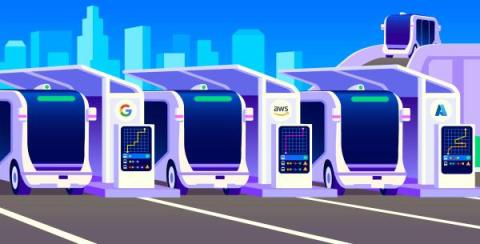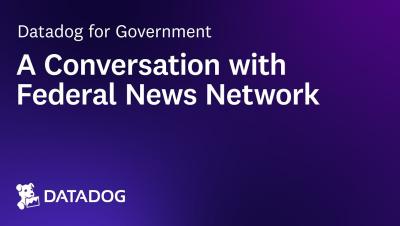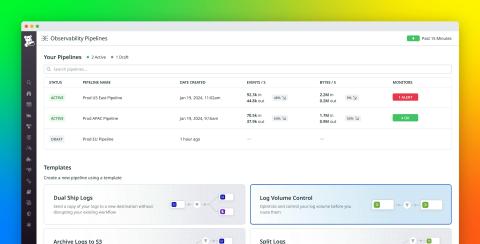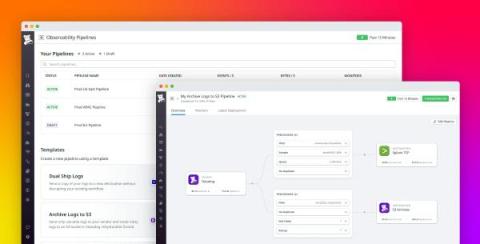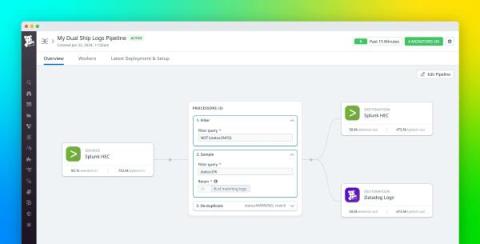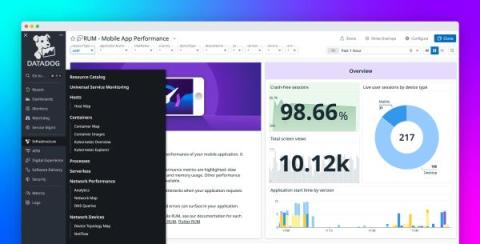Best practices for monitoring managed ML platforms
Machine learning (ML) platforms such as Amazon Sagemaker, Azure Machine Learning, and Google Vertex AI are fully managed services that enable data scientists and engineers to easily build, train, and deploy ML models. Common use cases for ML platforms include natural language processing (NLP) models for text analysis and chatbots, personalized recommendation systems for e-commerce web applications and streaming services, and predictive business analytics.


